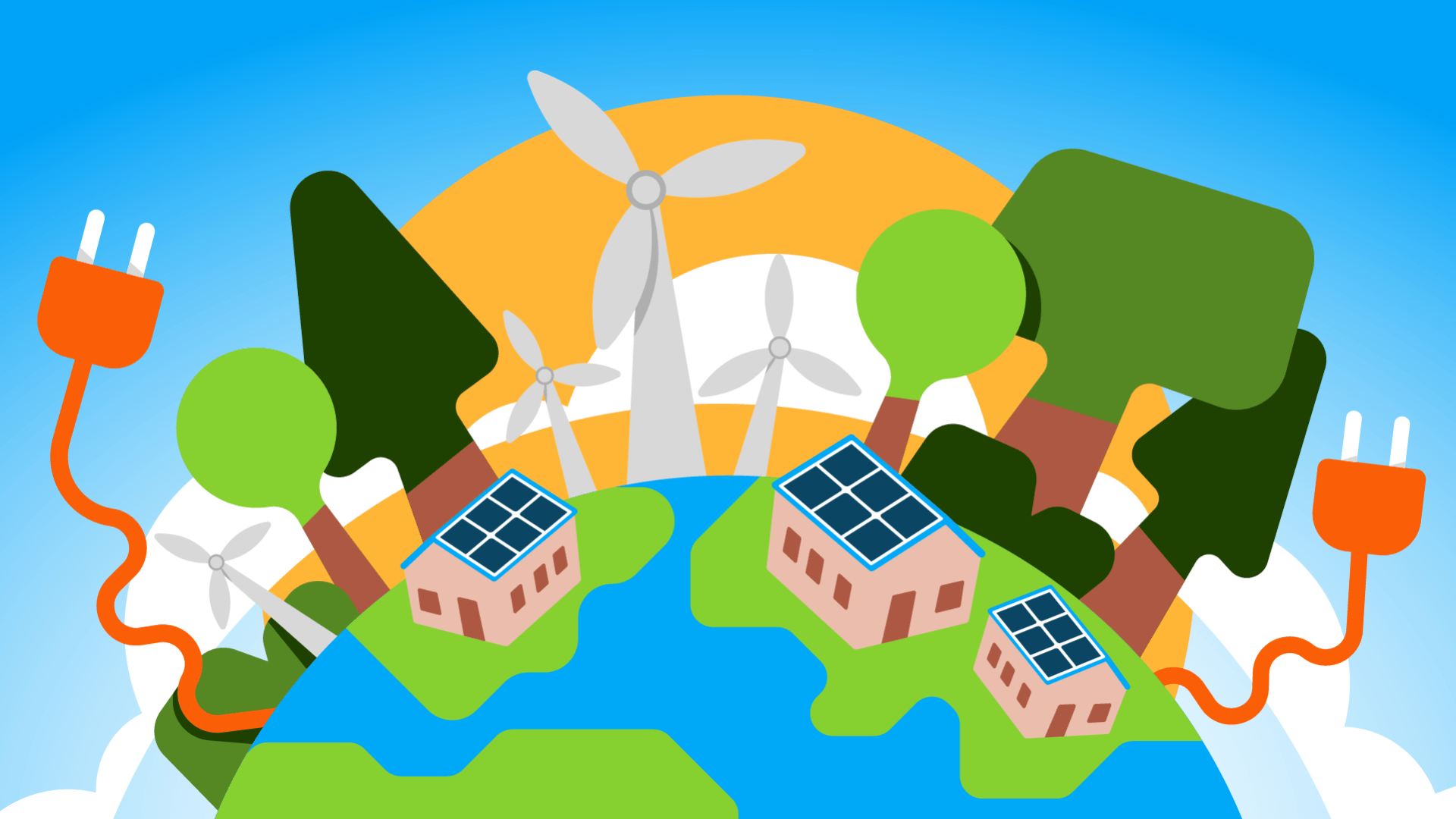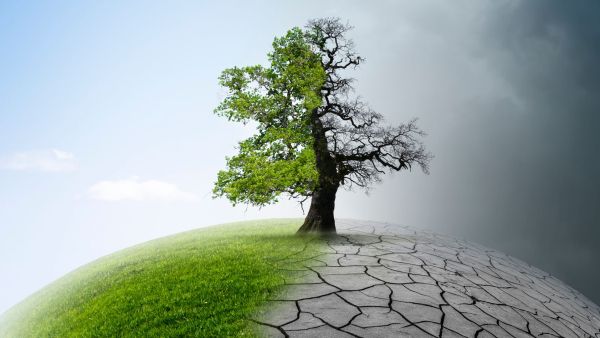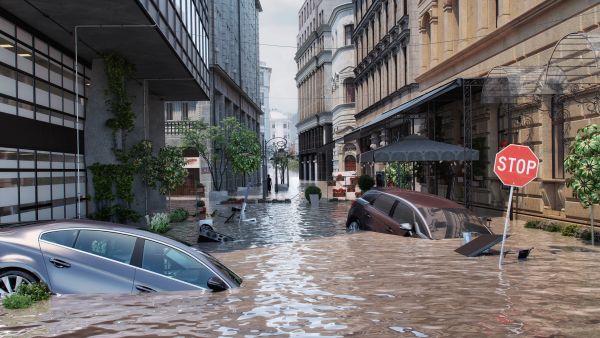The Green Deal is a comprehensive plan that sets ambitious targets to transform economies towards sustainability, yet there is a long way to go to achieve these goals. Time is running out as the impact of climate change continues to worsen, and urgent action is needed. The S&Ds have already achieved significant progress in promoting sustainable policies, such as improving energy efficiency, supporting renewable energy, and reducing carbon emissions – and all of this with a red heart!
However, there is still much work to be done to fully achieve the Green Deal's targets. We are working towards implementing policies that will drive the transition to a sustainable and carbon-neutral future, such as investing in clean energy and promoting sustainable agriculture. By taking action now, we can ensure a better future for ourselves and future generations.
While many view the green transition as a clear-cut issue of environmental protection and climate justice, the S&D Group recognises that there are complex economic, social, and political factors at play that need to be taken into account. We advocate for a just transition that balances the need to reduce carbon emissions with the need to protect jobs and ensure social equity. This approach involves investing in sustainable technologies and industries, supporting workers and communities affected by the transition, and promoting a more democratic and participatory decision-making process. We are strongly committed to both environmental sustainability and social justice: the smart choice.
In July this year, thanks to the relentless efforts of the S&D Group, the European Parliament pushed back against the boycott of the European People’s Party (EPP) by adopting its position on the Nature Restoration Law. This law stands as a critical component of the Green Deal, as well as of our commitment to fulfilling international obligations outlined in the Kunming-Montreal Global Biodiversity Framework.
Prior to this crucial vote, the conservative EPP had rolled out a campaign riddled with myths, falsely claiming that the law would have a detrimental effect on various sectors, including agriculture.
On the contrary, with 81% of the EU's land and sea currently suffering from poor conditions, restoring nature holds multiple benefits for society at large, including farmers. Farmers find themselves at the forefront of the combined negative effects of climate change and biodiversity loss. Nature restoration means that farmers will be protected against worsening climate change through increased CO2 absorption, as well as against extreme weather conditions. Simultaneously, nature restoration will revitalise degraded soil and support essential pollinators, ensuring food security and agricultural sustainability.
Watch our podcast on the Nature Restoration Law with MEPs César Luena and Mohammed Chahim.
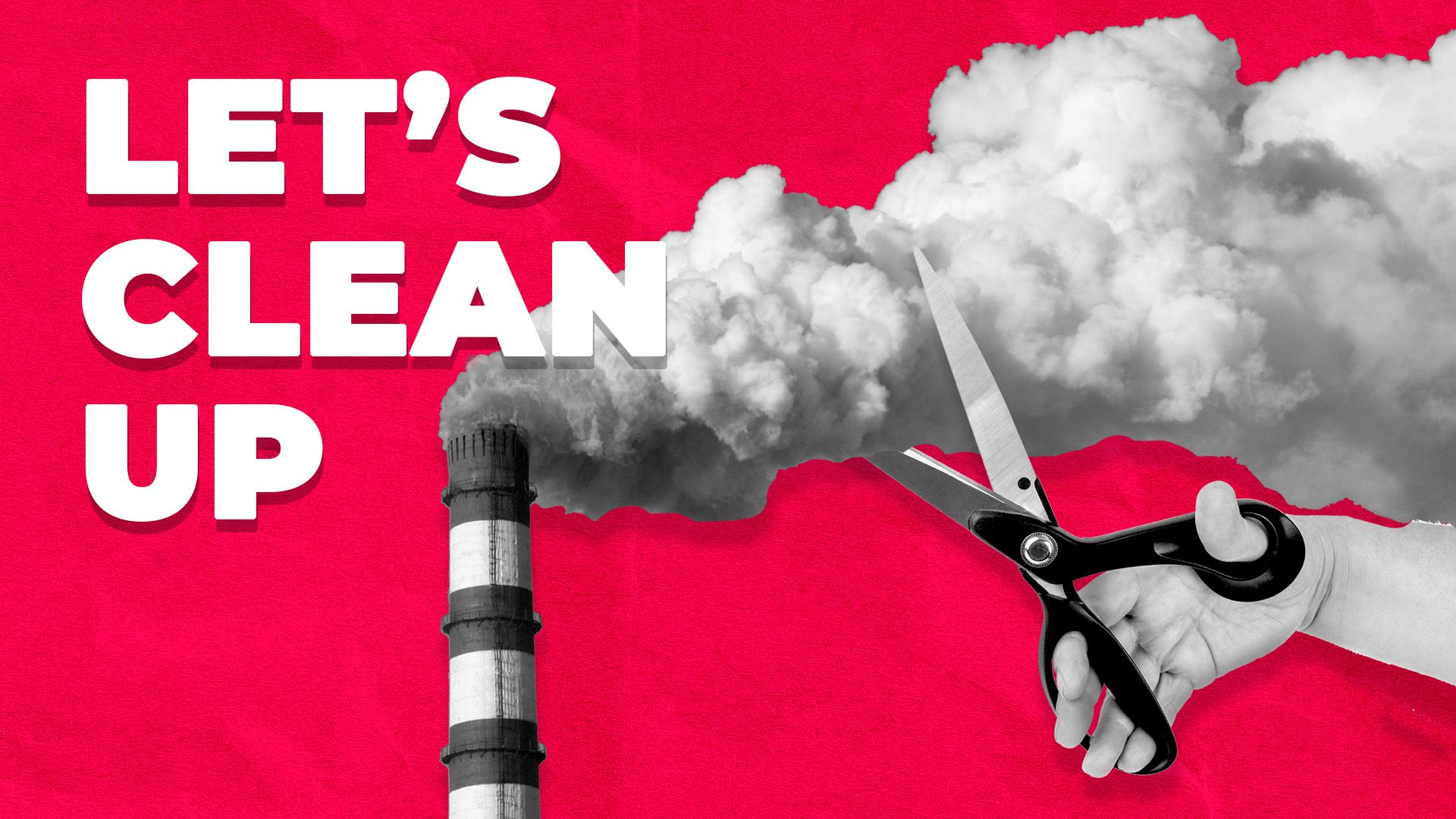
In July 2021, the European Climate Law was established. This set the targets of the European Green Deal in stone – for Europe’s economy and society to become climate-neutral by 2050. The law also set the stepping-stone target of slashing net greenhouse gas emissions by at least 55% by 2030, compared to 1990 levels. In addition, to get us there, we have the Fit for 55 package, a comprehensive set of tools to reach this 55% target.
The European Climate Law and the Fit for 55 package represent a historic milestone for our commitment to combat climate change, and serve as a strong example for other countries and regions to follow in taking ambitious action to protect the planet for future generations.
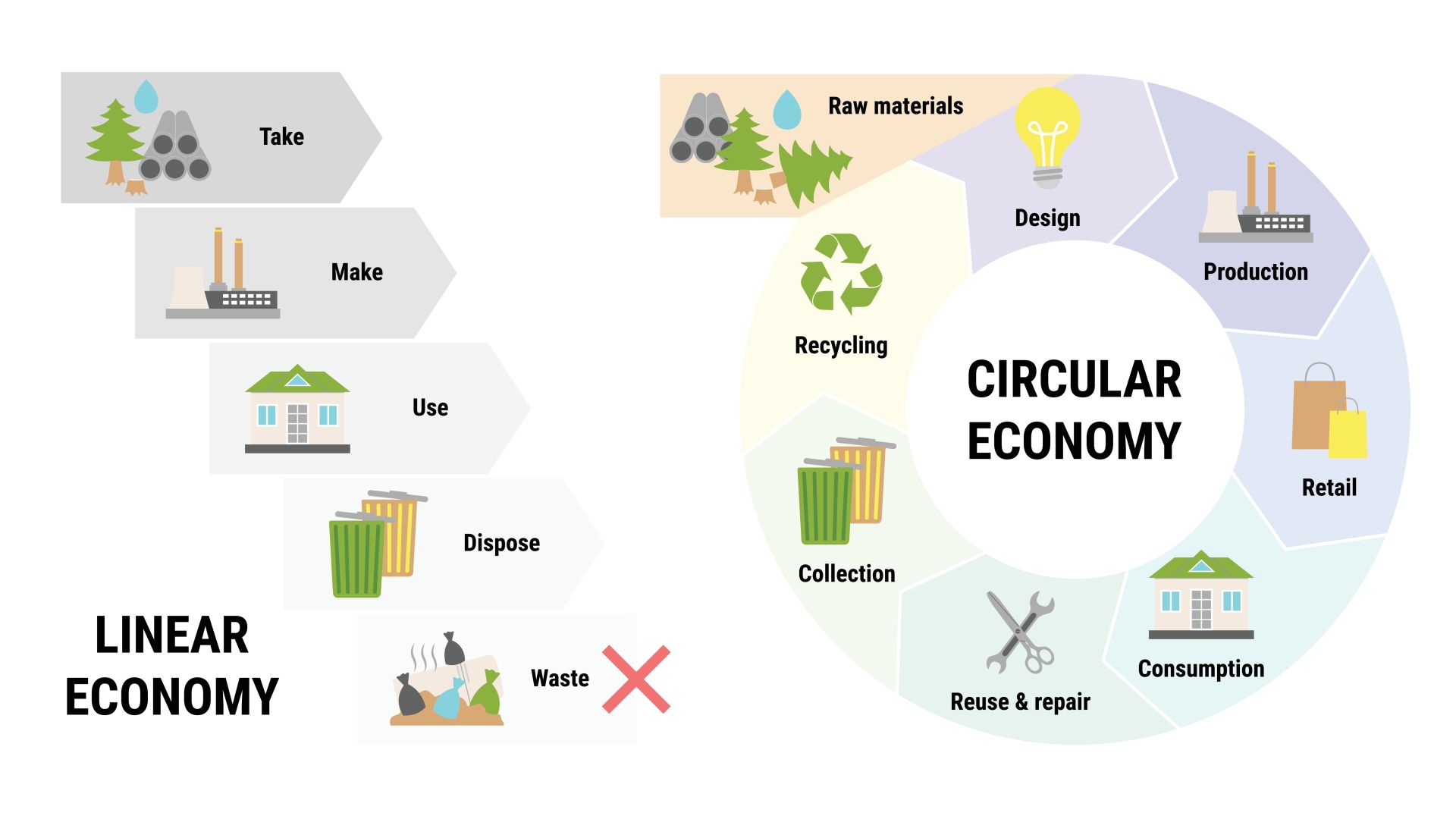
The Circular Economy Action Plan changes the current industrial model of ‘take, make, and dispose’ to a system where products are recycled and reused. The life cycle of products will also be increased by focusing on quality and long-lasting designs. This is a system that is not only good for the environment, but for businesses and people too.
On the 18th of July, a new regulation on eco-design entered into force, proposing new requirements for sustainable products in the EU. The S&D Group supported the proposal for the Ecodesign regulation and further intervened on the matter of destruction of unsold goods. The S&Ds achieved a ban on the destruction of unsold textile and footwear products, which was a provision not initially included in the Commission’s proposal.
The regulation on packaging and packaging waste is also close to adoption, reinforcing essential requirements for packaging to ensure their reuse and recycling. Right-leaning factions opposed the regulation, but the S&D Group prevailed in garnering a majority support for the cause. Reducing packaging waste is a key part of the Green Deal and the Circular Economy Action Plan, and this regulation will slash that waste by 5% by 2030 and 15% by 2040.
The S&D Group wish to ensure that the EU Common Agricultural Policy and the Common Fisheries Policy become important climate and sustainability tools that align with the renewed climate and environment ambitions. Another key measure is the introduction of a zero-pollution strategy for air and water quality, which aims to reduce the environmental impact of human activity.
Additionally, we want commitment to the adequate financing of the European Green Deal with significant levels of additional public and private investment and with new resources.
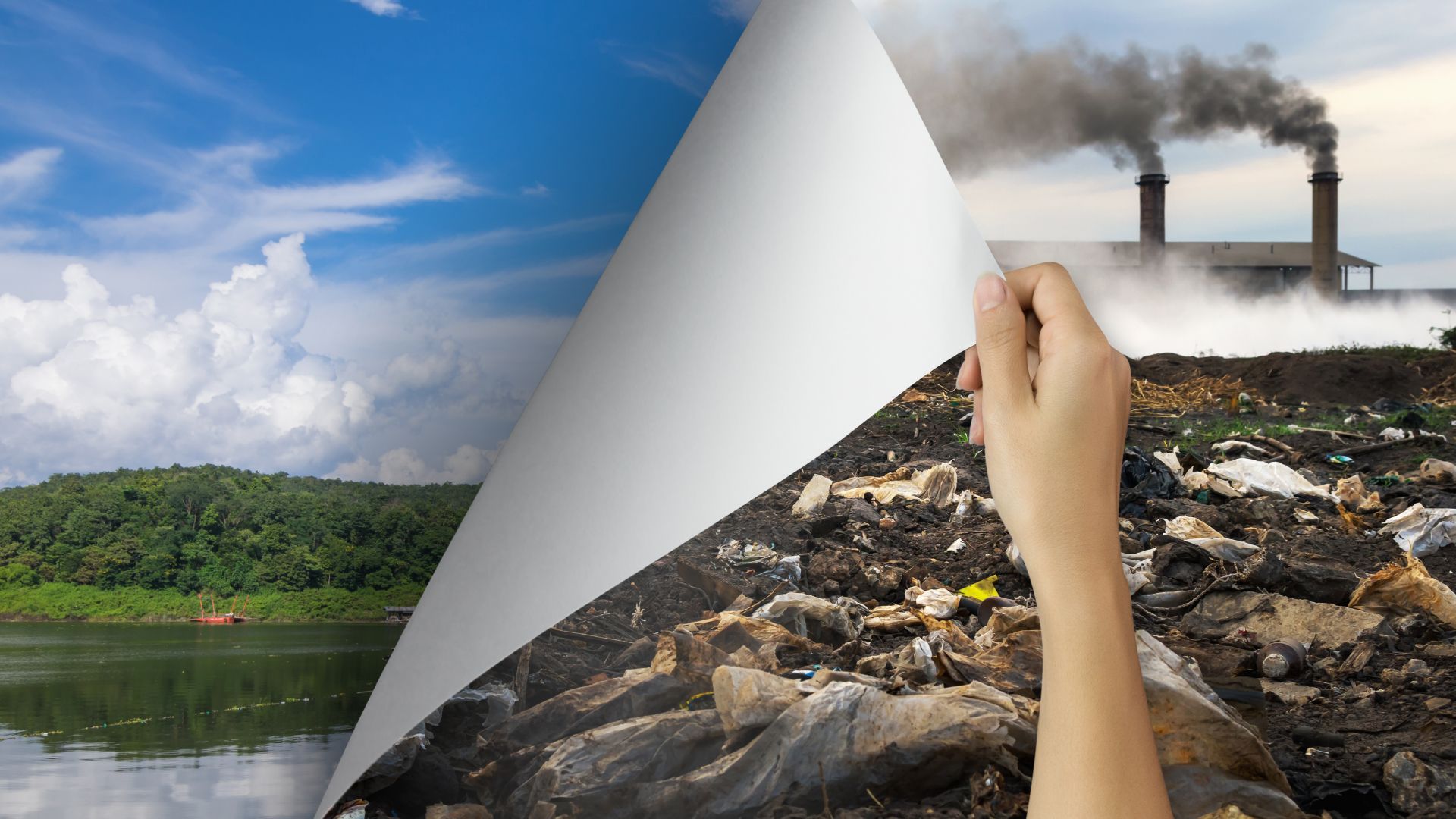
We support the proposal of partnerships with non-EU countries and neighbouring continents – with whom the EU can work on major projects that can help make progress towards carbon neutrality.
As well as the environmental challenges, we are committed to creating a society with social cohesion, where competition is based on knowledge and innovation rather than low wages and precarious working conditions. To achieve this, we strive towards implementation measures for the European Pillar of Social Rights, which is designed to promote fair working conditions and social welfare.
We also want to take urgent action to reduce methane emissions, which are a major contributor to climate change. To this end, we wish to put in place the methane pledge of COP26 by setting targets to reduce methane emissions by 2030. By taking these measures, we can work towards a more sustainable and socially just future.
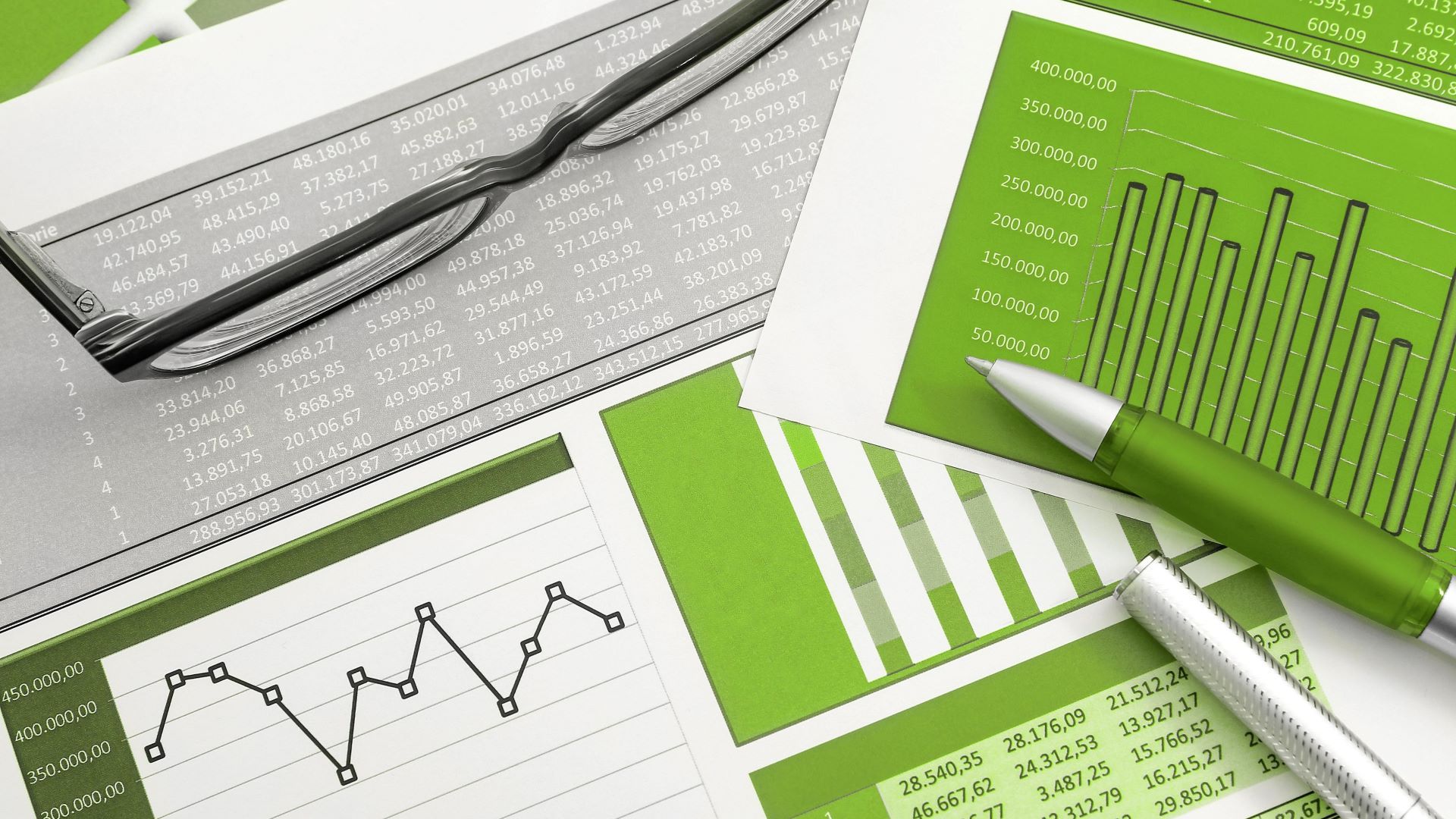
The S&Ds have demanded a reform of outdated and inefficient fiscal rules. This is crucial in order to avoid a return to austerity, as well as to meet green and social goals. Time is of the essence now. Bridging the remaining gaps and translating agreements in principle into concrete and robust legislation – before the General Escape Clause is lifted and fiscal rules are reactivated – is the only way to ensure a successful and socially-just transition to climate neutrality.
For the EU to achieve an inclusive socio-ecological transformation of our economies – one that benefits everyone – it is imperative to implement a progressive economic policy. This policy should address not only inflation but also social and environmental imbalances.
The principles of the European Pillar of Social Rights and the Sustainable Development Goals (SDGs) should guide all reforms and investments. It is crucial to recognise that social rights are just as important as macroeconomic and environmental targets, and all three must work together towards the common goal of improving the well-being of those in the EU.
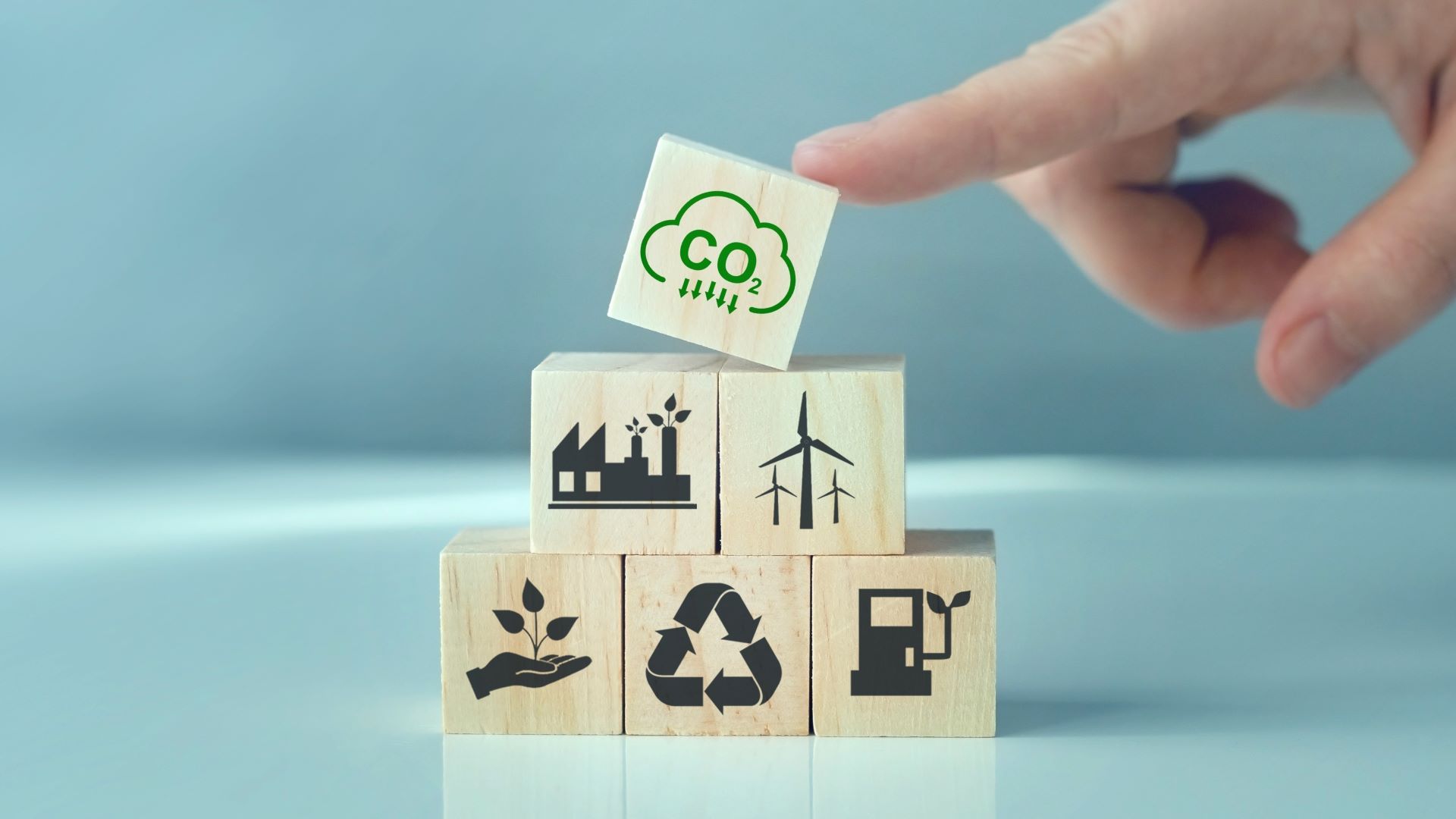
The European Parliament declared a climate emergency in November 2019 and we have been working tirelessly to make sure Europe leads the world in tackling the crisis.
On April 18, 2023, the European Parliament voted on a series of major laws to cut down at least 55% of our greenhouse gas emissions by 2030, and ultimately reach climate neutrality by 2050. We battled tirelessly for this! What exactly have we achieved?
- The revision of the EU Emissions Trading System will push heavy polluters – like energy-intensive industries, power generation plants, the aviation and maritime sectors – to decarbonise faster and in a socially fair way.
- The Carbon Border Adjustment Mechanism will put a price on carbon intensive products imported into the European Union. This is fairer for European producers, while encouraging trading partners to switch to more climate-friendly production.
- The Social Climate Fund is a major win for our political group. We secured ambitious measures and funding to help the most vulnerable people and small companies embrace the clean energy transition. We won’t leave anyone behind!
Ambitious measures for reaching net-zero greenhouse gas emissions by 2050 at the latest, with an intermediate target of at least 55% for 2030.
We want to align the Fit for 55 strategy key pillars with the EU’s 2030 climate goal, while ensuring specific just transition provisions. Key pillars include the Emissions Trading System (ETS), the Effort Sharing Regulation (ESR), the Land use and Forestry Regulation (LULUCF), the cars and vans as well as the energy performance of buildings regulations.
The Fit for 55 package includes a regulation – which the S&Ds pushed for – to limit the use of fluorinated gases (F-gases) in the EU due to their high greenhouse gas potential. F-gases and forever chemicals have disastrous impacts on the climate and on our health. The regulation mandates that F-gases be phased out by 2050 at the latest, and includes provisions to limit the use of PFAS chemicals and establish rules for online marketplaces to prevent illegal trade.
On top of this, we are committed to a Just Transition – with robust financial means – to ensure ecological and social progress go hand in hand, involving all communities and workers. This must include measures which address energy poverty, and an ambitious EU housing policy that supports citizens.

